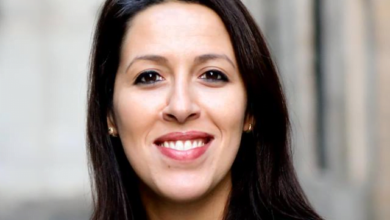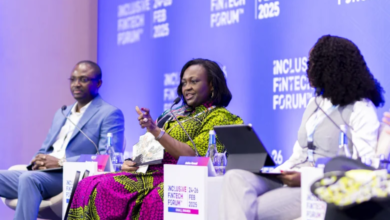Thousands of young Africans gathered in Kigali, from October 13 to 15, for the YouthConnekt Africa 2022 summit (YCAS). The fifth edition of this event, which has become a must for Africa’s connected youth, was an opportunity to recall the interest and urgency, of integrating African youth in trade, health, climate management and financing, thanks to digital tools.
By editorial staff
« Our most important resource in Africa is our youth, especially skilled African youth.” With these words, Rwanda’s Prime Minister, Edouard Ngirente, summed up the 5th edition of YouthConnekt Africa. A way to reassure the thousands of young people present, who came to speak for themselves at this summit which has become the meeting of the African « tech ».
Launched in Rwanda in 2012 by President Paul Kagame, and pan-African variation of YouthConnekt Rwanda, YouthConnekt Africa aims to capitalize on the continent’s youth by involving them in the digital, economic and social transformation. This is done by enhancing their knowledge, experience and skills and investing in their ideas, innovations and initiatives. The idea is to harness Africa’s demographic dividend to contribute to the achievement of the Sustainable Development Goals (SDGs), Agenda 2063 and the African Union (AU) Youth Charter.
« Connecting youth to economic and social transformation »
« YouthConnekt Africa is an extension of YouthConnekt Rwanda. This initiative was created by the Rwandan president in 2012, to address the growing demographics of Rwandan youth and their challenges, » recalls Oulie Keita, Executive Director of YouthConnekt Africa. « Youth, as you know, represent the majority of the population in African countries. So, Paul Kagame realized that if we want to harness the demographic dividend, we need to invest in our young people.”

The YouthConnekt Africa summit was organized in partnership with the United Nations Development Program (UNDP). « The Rwanda summit was so successful that the African Union member countries asked the Rwandan government to extend the initiative to their countries. So, from one country in 2012, we are now present in twenty-five countries and we are also determined to connect more African countries. We want every state on the continent to be part of YouthConnekt by 2025. Our overall vision is to connect youth to economic and social transformation, and we would like to reach as many youths as possible for the realization of the AU Agenda 2063 as well as the SDGs, » says Oulie Keita.
YouthConnekt Empowerment Fund designed to increase direct funding
« The Government of Rwanda recognizes the central and transformative role of youth in our economic recovery, not only as a workforce, but as a source of innovative solutions as the world becomes more connected, » says Rwanda’s Minister of Youth and Culture, Rosemary Mbabazi. She points out, in passing, that the summit provides a platform for youth to meet their peers, share knowledge and foster new modes of working-together.
YouthConnekt takes a « collaborative approach to solving development problems and brings together a wide range of actors, including heads of state, policy makers, business leaders, development partners, and civil society. It is about addressing the multiple needs of young people while involving them in the process of building solutions. »
To support knowledge dissemination, cooperation among member states and coordination of a global network for the African ecosystem-the YouthConnekt Africa Hub, based in Kigali, Rwanda-was established in 2020. An Empowerment Fund has been designed to increase the direct funding available for African youth-led businesses and innovative national youth initiatives. The Fund will use a leveraged approach to ensure that it catalyzes greater amounts of capital from multiple partners and thereby increase access to finance for young businesses.
Find out more :http://youthconnektafrica.org
Read also: Interview Youth Connekt Africa “To connect the young people to social economic transformation”






